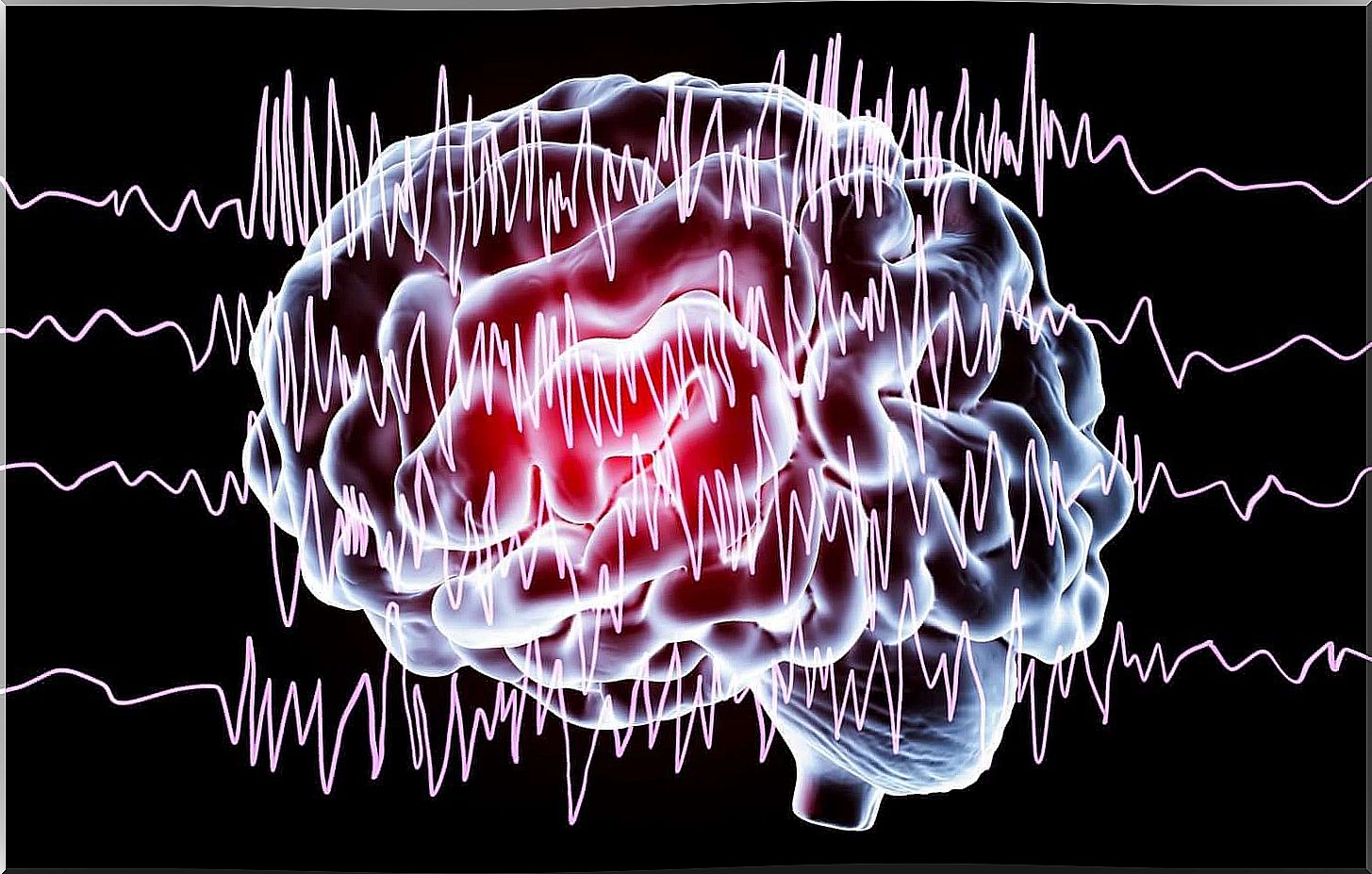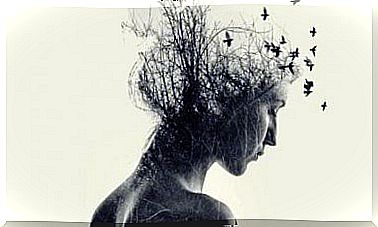Effects Of Interrupted Sleep, More Dangerous Than Sleeping Little

The effects of interrupted sleep can be more harmful than getting too little sleep. How can it be? To get a little idea, let’s remember those nights when, for whatever reasons, it is impossible for us to maintain a continuous rest and without any awakening. The next day we not only perceive ourselves more exhausted, the bad mood, apathy and demotivation will be a constant.
Sleep disorders are more common than we think and more serious than we think. The nocturnal awakenings are like fractures in the dream tissue and the normal sleep cycle. As we well know, these phases of sleep follow very specific patterns and times, breaking them completely affects the balance of the brain and other metabolic processes carried out by the body.
Sleep well, is live better. It is essential, therefore, to attend to our night’s rest and to put the means that are within our reach to facilitate that sleep, that biological need that not only mediates physical health, since psychological well-being also depends on it.

What are the effects of interrupted sleep?
The effects of interrupted sleep are multiple and it is generally something that couples who have just become parents, as well as those who work in shifts, know well. In this way, when it comes to talking about the quality of night rest, the number of hours we rest is important as well as its continuity or the ability to avoid its interruption.
Frequent awakenings are a form of insomnia and therefore a sleep disorder. That is, one can go to bed at eleven o’clock and fall asleep the second, but if during those 8 hours we wake up 20 times, that rest is not healthy or even less restorative. And this is actually what thousands of people suffer.
Let’s see now what are the consequences of experiencing this problem.
Fewer slow waves in the brain, greater discouragement and risk of depression
It would be enough to suffer an interrupted sleep for three days in a row to begin to feel less optimism in our spirits. This is, at least, what a study by Johns Hopkins University in Baltimore reveals. Patrick Finan, professor of psychiatry and director of this research, explains the following:
- Sleep disruption is more detrimental to our mood than lack of sleep.
- When our sleep is interrupted during the night, the stages of sleep are altered.
- This phenomenon makes it impossible to advance from the NREM stage, to that fifth stage essential for the body and the brain, which is the REM phase.
- Also, these alterations decrease the number of slow waves that the brain experiences.
- The reduction of these types of waves is correlated with an increased risk of suffering disorders such as depression.
Long-term memory failures and cognitive problems
The effects of interrupted sleep can be dangerous, especially if this problem lasts over time. Studies such as those carried out in the sleep and cognition department of the Netherlands Institute of Neuroscience reveal, for example, that one of the most common consequences is memory failure.
- The structure of the dream and its cycles are essential for the correct consolidation of each learning, of each thing seen, felt, experienced …
- Through the slow waves and later in the REM phase, we are integrating all these facts in the declarative memory (long-term) and in their correct consolidation.
- Other effects of interrupted sleep are concentration problems and difficulty in making decisions. That bad night’s rest slows down our reactions and our ability to respond to life’s problems.
There is also another important fact. If you suffer from this problem for years, there is a greater risk of ending up showing cognitive deficits. We will sculpt, almost without realizing it, a more fragile brain, less agile, with fewer neuronal connections and with a higher risk in addition to suffering from neurodegenerative disorders such as Alzheimer’s.
Effects of interrupted sleep: migraines
Sleep disorders that last for weeks or months often lead to headaches. This is certainly something that most of us have experienced on occasion. That classic morning dullness after a bad night can gradually turn into migraines.
We know that when the brain does not reach the REM phase, one of its most common effects is the appearance of these annoying conditions. Studies such as those carried out in the department of neurology at the University of California, link the problem of interrupted sleep with the appearance of migraines. The cause would be a genetic mutation.
They are undoubtedly aspects of great interest that science tries to unravel.

How can we treat those nocturnal awakenings?
Sleep interruptions usually have a trigger behind that we must know. It is important to go to the doctor when we perceive that rest is not restorative, that we wake up more exhausted than when we go to bed and especially when headaches, memory lapses, etc. appear.
Restless leg syndrome or sleep apnea is known to be associated with these nightly awakenings. Also, another factor associated with this reality is undoubtedly stress. So before turning to classic sleep drugs, let’s understand what causes it and address those triggers.
Sometimes, taking care of our life habits and reducing the use of technology two hours before going to sleep makes it easier for us to abandon ourselves to rest more placidly, so that soon Morpheus welcomes us in an interrupted way.









